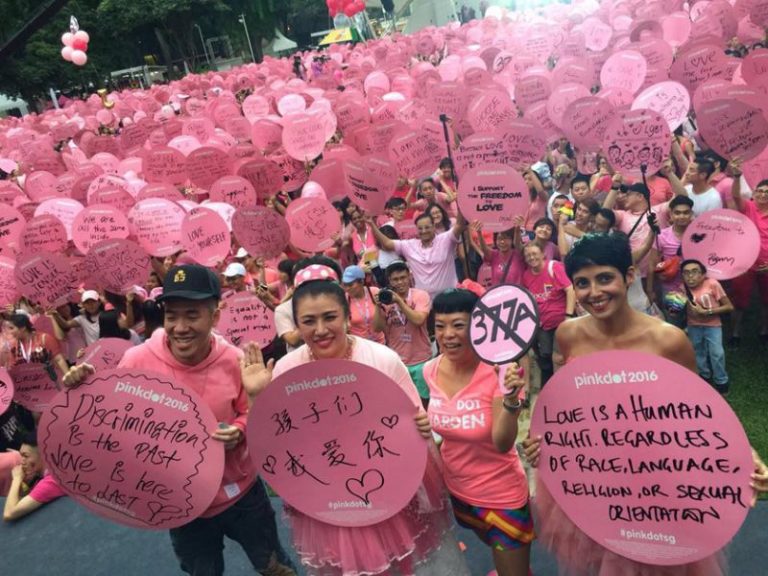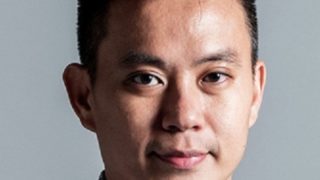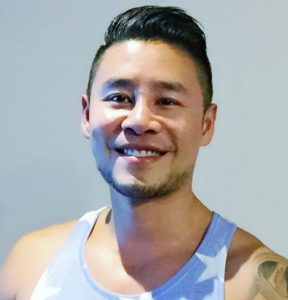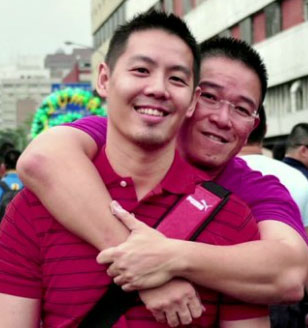Two suits challenge Singapore’s colonial-era anti-gay law
Colin Stewart is a 45-year journalism veteran living in Southern…
Singapore is facing two lawsuits asking the courts to overturn the nation’s colonial-era anti-homosexuality law, Section 377A.

Both constitutional challenges were filed after the Indian Supreme Court in September overturned that nation’s anti-homosexuality law, similarly named “Section 377” and similarly inherited from when the nation was part of the British Empire.
In Singapore, a previous legal challenge failed in 2013 when Singapore’s High Court rejected a gay couple’s appeal to overturn Section 377A.
An “Equal Eyes” news summary from UNAIDS and Straits Times reported on the latest legal challenge:
LGBT rights advocate files case against Attorney-General, stating Section 377A of Penal Code is void

SINGAPORE – An LGBT rights advocate has filed a case against the Attorney-General, stating that Section 377A of the Penal Code – which criminalises sex between men – is “inconsistent” with portions of Singapore’s Constitution, and “is therefore void”.
Mr Choong Chee Hong, better known as Bryan Choong, filed it at the Supreme Court in November last year.
Mr Choong, 41, is the former executive director of Oogachaga, a non-profit organisation working with the lesbian, gay, bisexual and transgender (LGBT) community.

According to court documents, Mr Choong stated that Section 377A is inconsistent with Article 9 of the Constitution, which states: “No person shall be deprived of his life or personal liberty save in accordance with law.”
The two other portions deemed “inconsistent” are: Article 12, stating that all persons are equal before the law and entitled to its equal protection; and Article 14, which states that every citizen of Singapore has the right to freedom of speech and expression.
On Sept 10 last year, a disc jockey also filed a court challenge against Section 377A arguing that the law is unconstitutional.
Mr Johnson Ong Ming, then 43, who goes by the stage name DJ Big Kid, filed his challenge four days after India’s Supreme Court struck down a similar law.
That decision sparked a renewed debate on Section 377A in Singapore, with camps on both sides starting petitions either to keep the law or repeal it.
In the wake of the Indian decision, Professor Tommy Koh, Ambassador-at-Large at the Ministry of Foreign Affairs, also suggested that a new attempt be made to challenge Section 377A in the courts.

A legal challenge to strike down Section 377A failed in 2014, when the highest court in Singapore rejected that the provision was unconstitutional.
Gay couple Gary Lim and Kenneth Chee as well as Mr Tan Eng Hong had then argued that the provision was discriminatory.
Mr Choong and Mr Ong’s cases are still pending.
Straits Times also published pro and con commentaries, which unfortunately are labeled as “Premium stories” requiring a subscription to read:
- Section 377A: An impotent anachronism
- Section 377A: A contemporary, important law
- Section 377A: There is a difference between a sin and a crime
Related articles:




Appeal to Lebanon: Stop blockng LGBTI events